First, it was the Brazilian economy cratering. Then the spread of the Zika virus. A government coup and an impeached president. Collapsing infrastructure that's killing people. A broke state government that can't pay its cops and firefighters. The resulting rise in crime. Don't forget the polluted waters that will require special swimsuits.
The lead up to the 2016 Summer Olympic Games in Rio de Janeiro has been one of the most disastrous preludes to an international competition, ever. There was a slight lull in the horrible news out of Rio last week; that was until The New York Times published a story calling Brazil "the world's deadliest place for lesbians, gays, bisexuals and transgender people," citing an unceasing string of attacks and murders. This own website published an op-ed from the Human Rights Campaign urging the world hold Brazilian officials accountable for the violence.
Still, with so much going wrong in the world, and especially in Brazil, the show must go on -- Opening Ceremonies are less than a month away, on August 5. With the acceptance that the Olympics are indeed happening in Rio and not being moved to a less chaotic city, something unexpected is happening: excitement.
"I've been to a lot of Olympics and the Brazilians are always the most fun people to watch and interact with," self-described Olympics nut and L.A.-based public relations professional Charley Walters says. "At any Games they go crazy at all the sports. [The Brazilians] hosting the Games is going to be the pinnacle of the Olympic spirit."
Walters, who's attended every Olympics since 2000, admits this year's Games are "up against a lot of adversity," but he believes it will be a watershed year for LGBT athletes and fans. First, the number of out competitors keeps growing; the latest number is at nearly three dozen, with superstars like British diver Tom Daley and the U.S. soccer star Megan Rapinoe representing us.
Part of the reason this year looks brighter for out athletes is that preceding events have been so dim.
"It's shocking when you look at the statistics from the past several Olympics," Walters says. "There are normally 12,000 to 14,000 athletes who participate in the Games. In Beijing there were only 12 out athletes and only one was a guy."
Since then, an increasing number of athletes have come out, like Gus Kenworthy and Michael Sam. Gay legends like Greg Louganis, who will be a commentator for the Rio Games, and Billie Jean King remain in the spotlight, but Rio is going to be the first Games "where we have some active, vocal participants," Walters says.
Walters also trumpets the presence of not one, but two Pride Houses -- gathering places for LGBT fans and, occasionally, queer athletes. With one on Copacabana beach and another in a gay bar, Rio's welcoming embrace of diverse fans is a stark contrast to the last Olympics. When LGBT athletes or fans discuss the situation in Rio, mention of the 2014 Winter Games in Sochi, Russia is never far behind.
"I've heard comparisons to Sochi and what a difference Rio is going to be," says Outsports co-founder Cyd Zeigler. "Many athletes in Sochi came out after the Games because they were scared. I have not heard a peep about LGBT athletes fearful about going to Rio."
There was no Pride House in Sochi because it would have been illegal; the year before the Games, Russia passed a sweeping antigay law that banned gay "propaganda," aka any positive representation of anything LGBT-related. Brazil, even with all its evangelical politicians and anti-LGBT violence, hasn't enshrined homophobia and transphobia into law the way Russia has. While Brazil lacks discrimination protections for LGBT people, it had marriage equality and open military service before the U.S. On top of all that is the reputation of Rio, specifically, as a city friendly to diverse orientations and expressions.
"Rio's pretty gay," Zeigler says. "New York City has issues with violence against trans women and I don't think people would say LGBT athletes are afraid of going to New York. I think Rio is probably going to be a lot fun for LGBT athletes, particularly once their done with their sport."
Walters is not worried about Zika, saying risks are lower now because it's actually winter in Brazil and the mosquitos that help transmit the birth defect-causing disease are not as active. And Zeigler notes the gloom-and-doom predictions are a regular fixture for the Games, with the media fretting over everything from traffic in Los Angeles to money troubles in Athens to air quality in Beijing.
"[Rio] hosted the World Cup two years ago," Zeigler points out. "The World Cup is a much bigger deal than the Olympics. Everything went great."
The enthusiasm of Zeigler and Walters is for, lack of a better word, contagious.
"This is first time that the Olympics has ever been hosted in South America, which is a big deal," Walters says. "It's really going to put Rio on the map. As much as they're having economic problems putting on the Games, I think it's going to have major benefits for them in the long run. If there are no major incidents it could result in the IOC hosting the Games in new places, like South Africa."
Cruze seus dedos. That's cross your fingers in Portuguese.
[RELATED: 10 Out Athletes of the Rio Olympics]















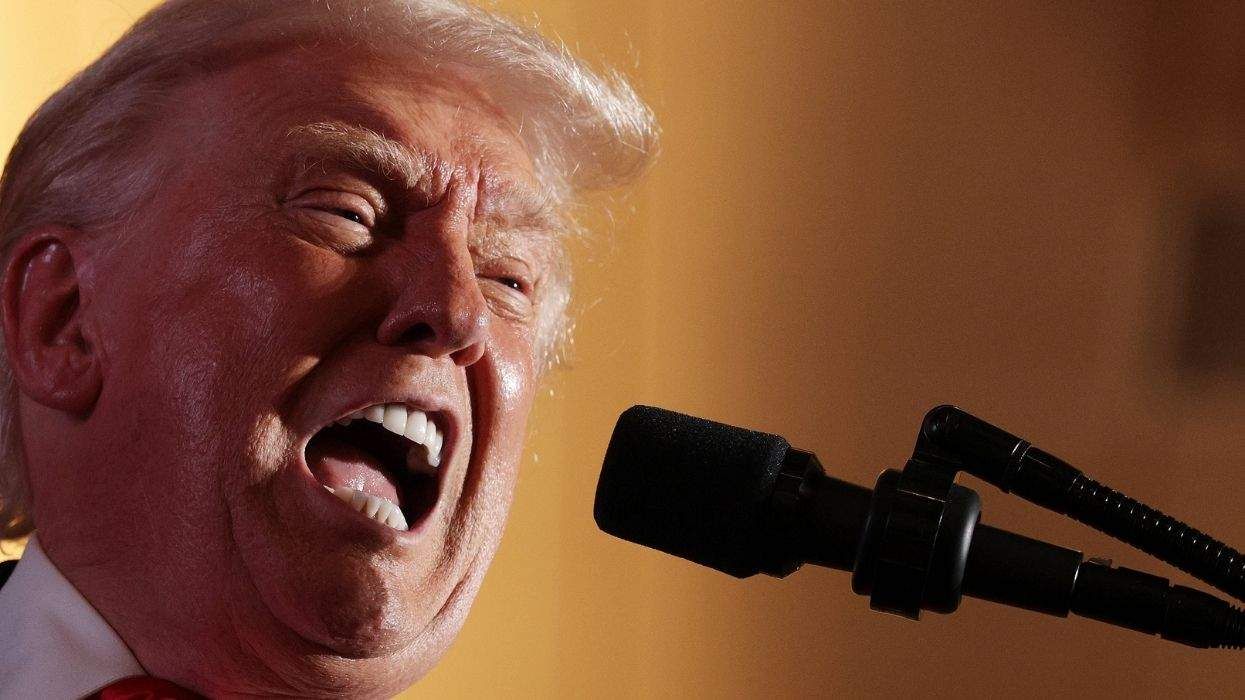

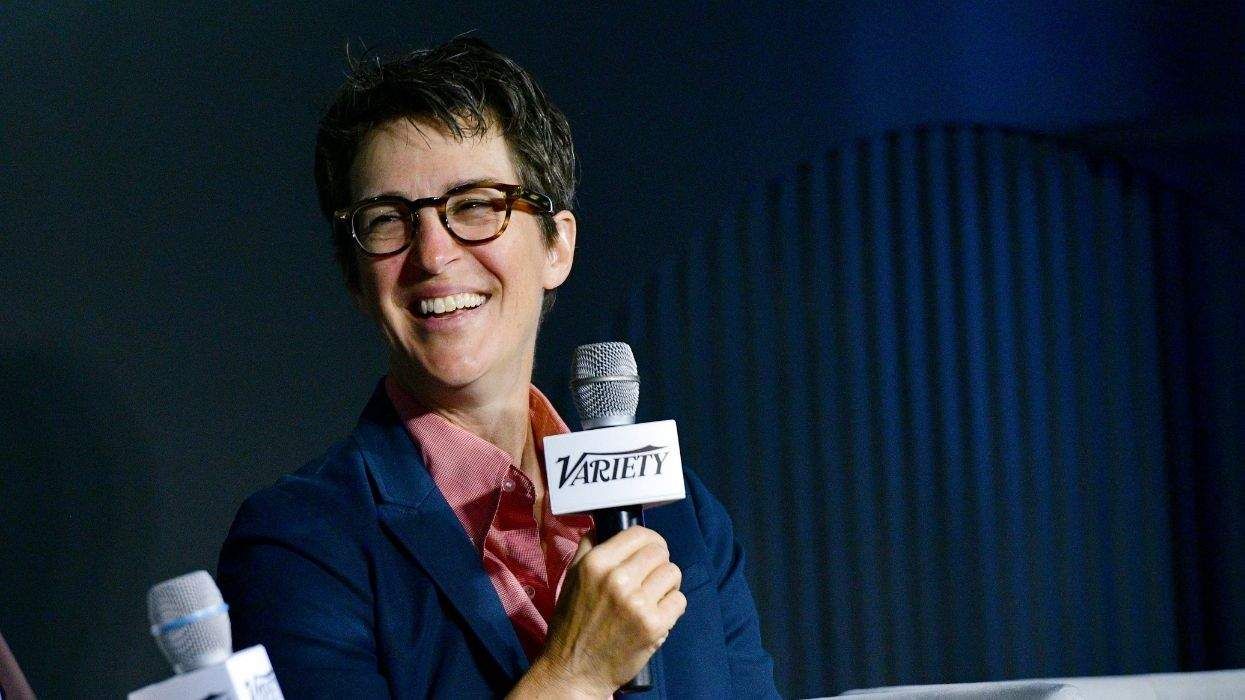
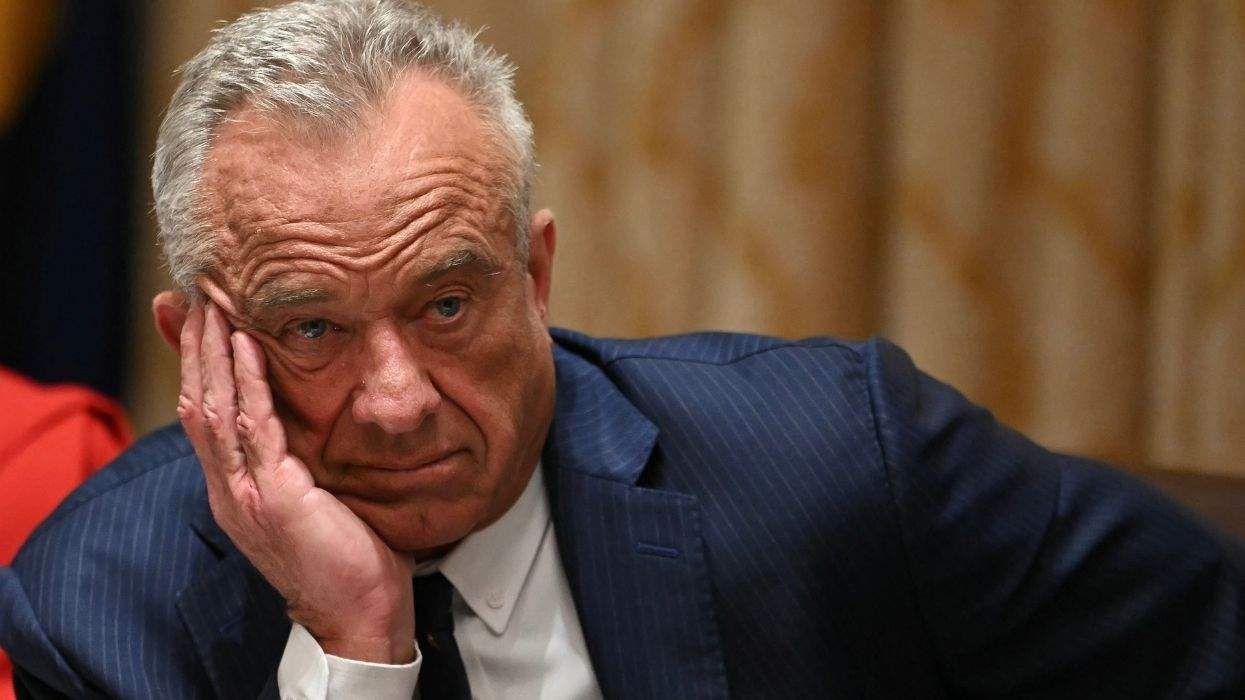
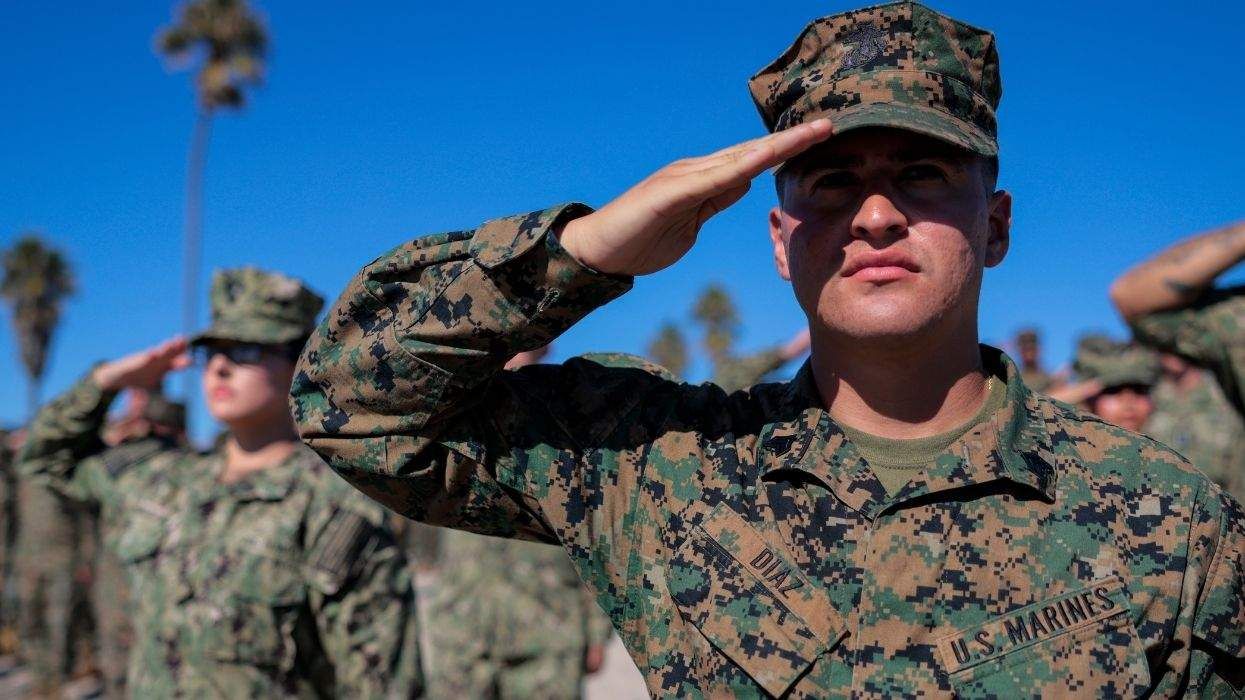
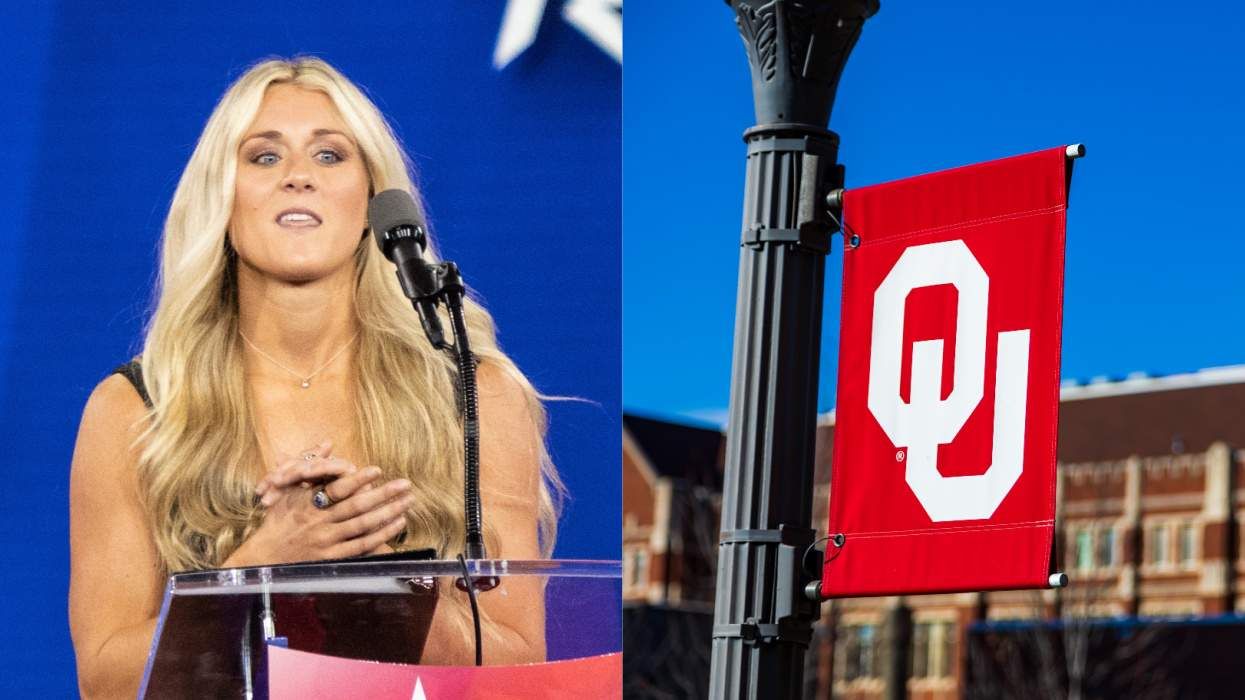
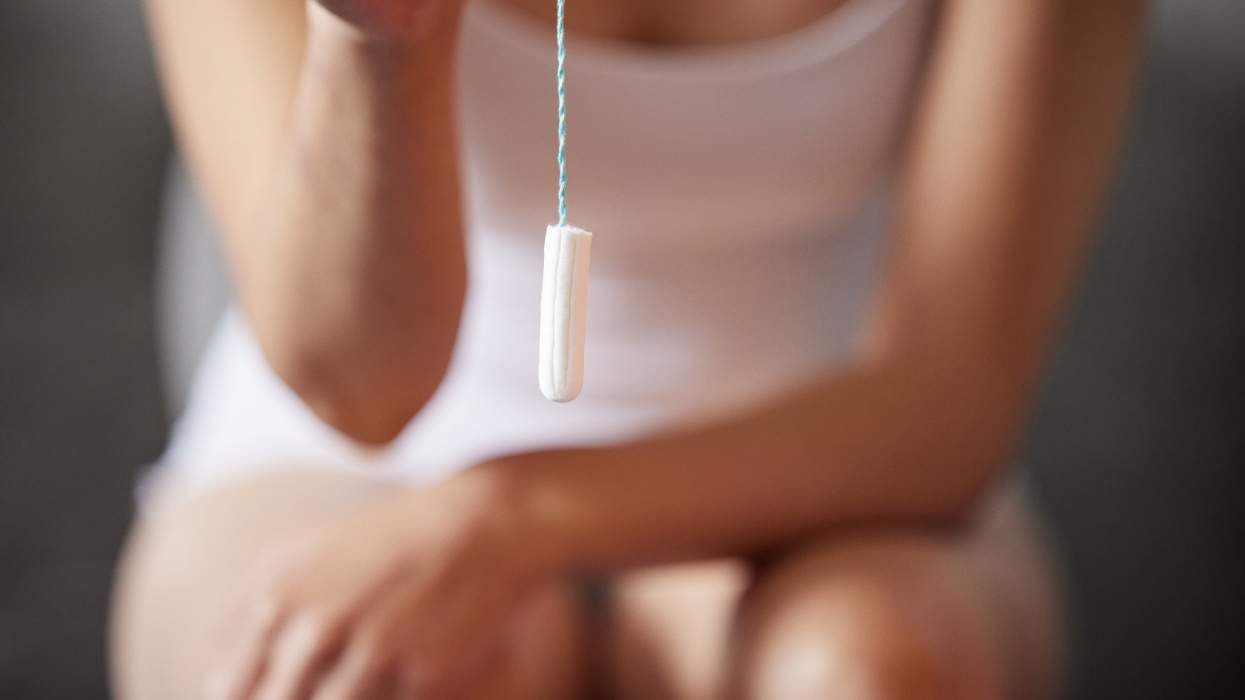

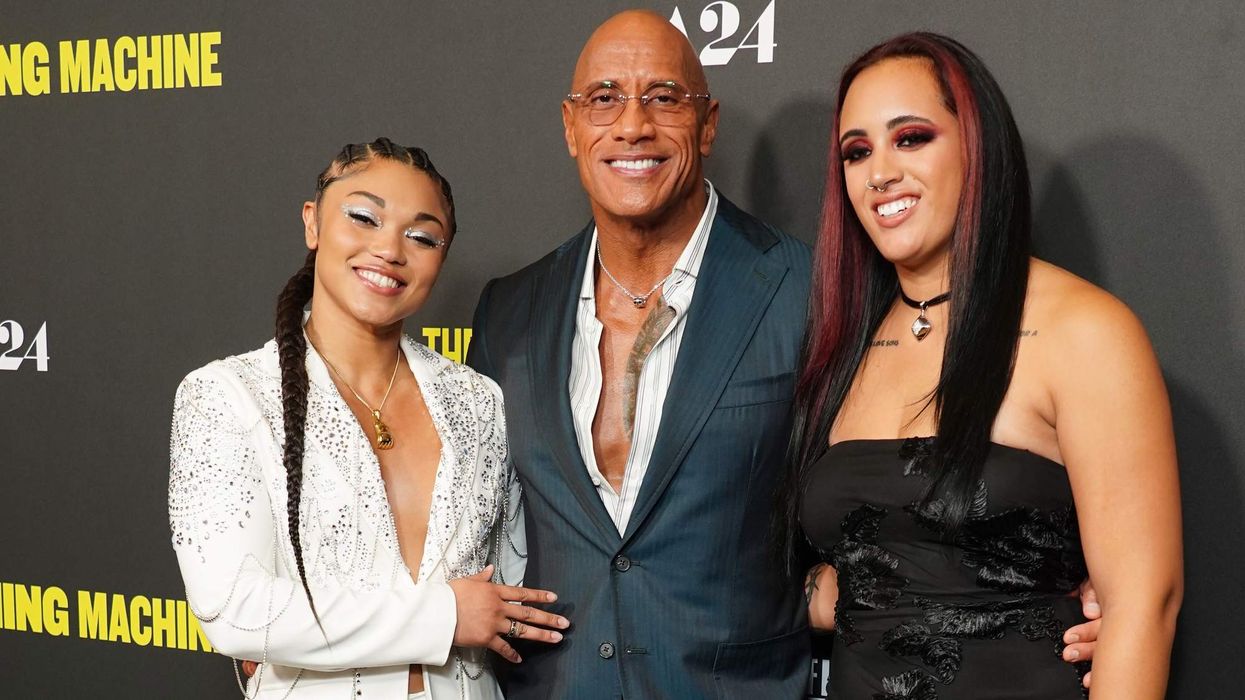
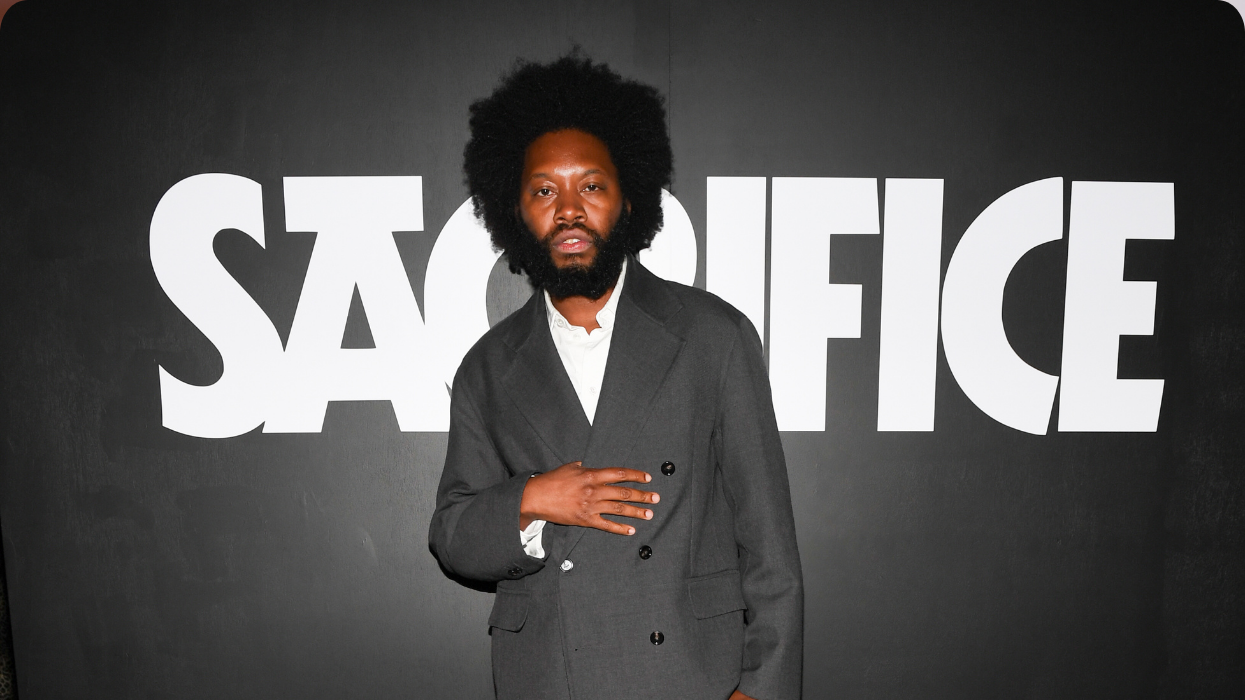
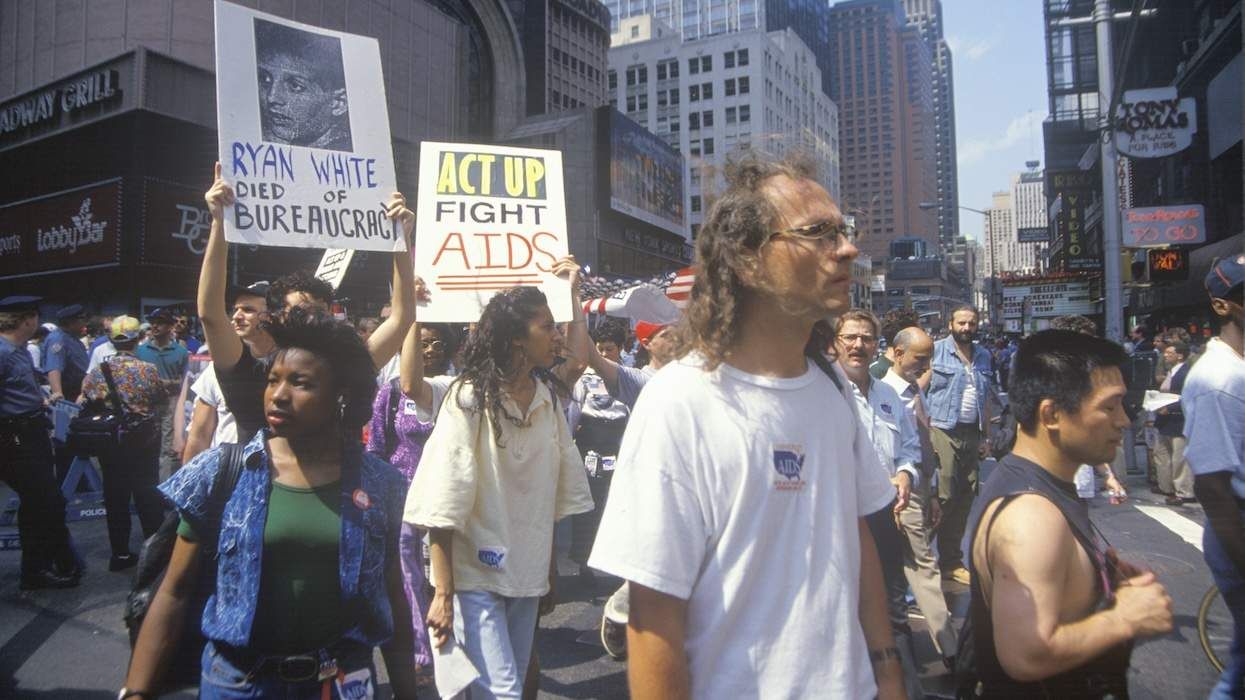
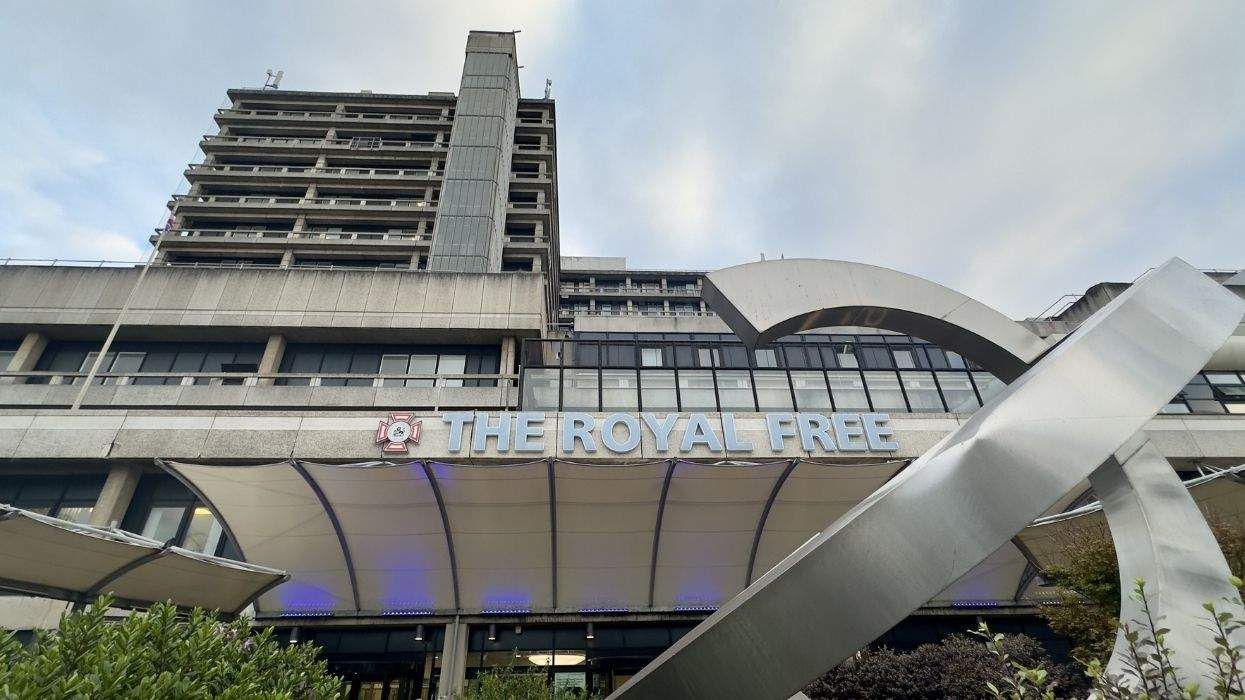




















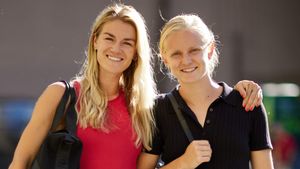

















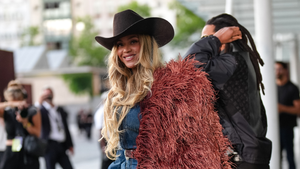



Charlie Kirk DID say stoning gay people was the 'perfect law' — and these other heinous quotes